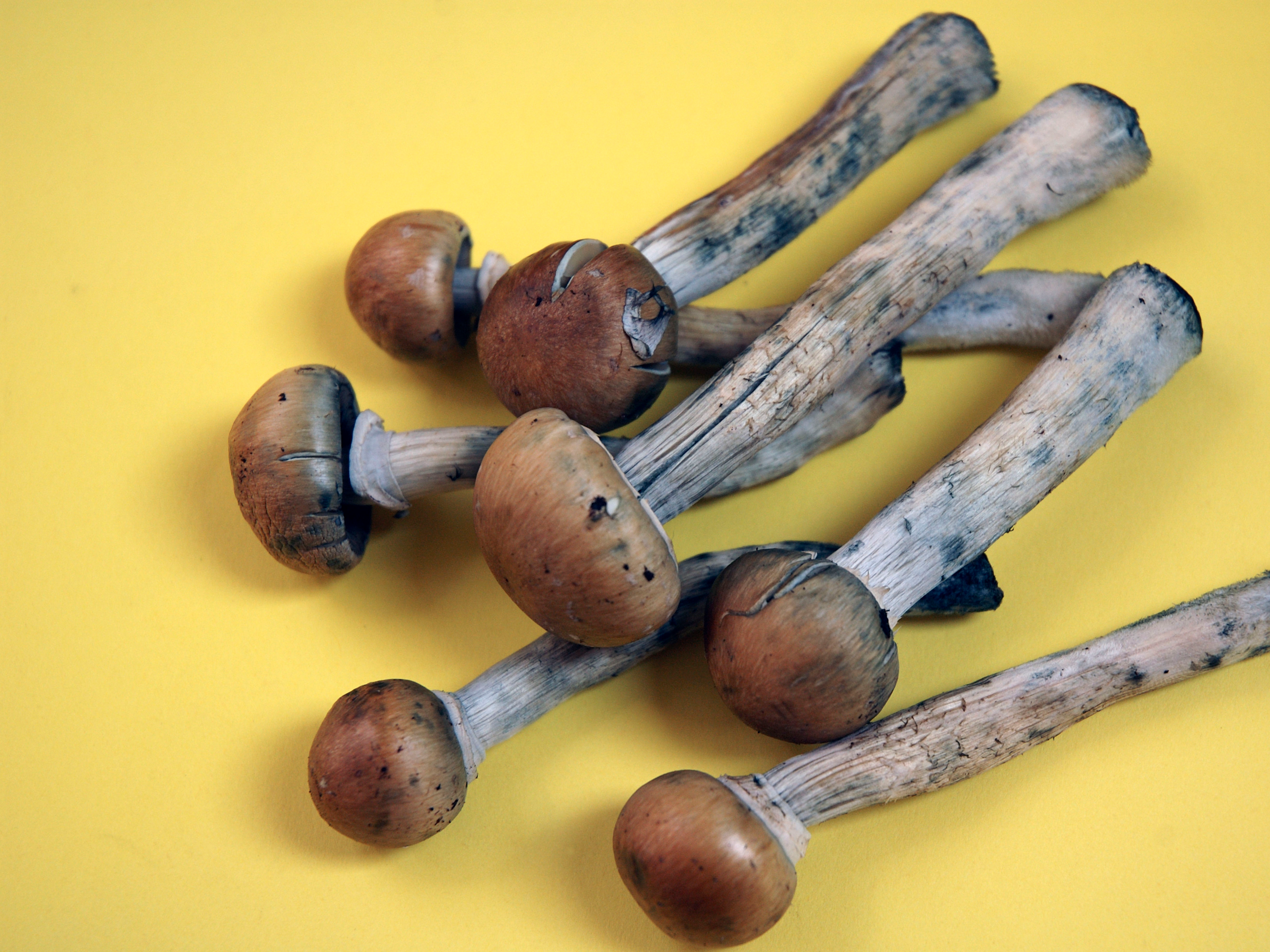- Oakland, California Councilman Noel Gallo proposed a resolution to decriminalize naturally occurring psychedelic drugs like psilocybin and ayahuasca in the city, the San Francisco Chronicle reported.
- Oakland’s City Council is scheduled to review the resolution on Tuesday.
- If the resolution is passed in a vote, Oakland would become the second US city after Denver, Colorado, to decriminalize certain psychedelic drugs.
- Denver voted to decriminalize psilocybin on May 7.
- Visit INSIDER’s homepage for more stories.
Oakland, California, could become the second city in the United States to decriminalize certain psychedelic drugs. The anticipated move comes after a councilman proposed a resolution that would lessen the legal repercussions for possessing naturally occurring forms of the drug type, the San Francisco Chronicle reported.
Denver, Colorado, citizens voted to decriminalize psilocybin, the psychoactive component in “magic” mushrooms, on May 7, making it the first U.S. city to pass such a law. Denver’s law doesn’t legalize psilocybin, but rather makes personal possession of the substance a low enforcement priority for the city and county.
Oakland’s proposed initiative would do the same for psilocybin, as well as ayahuasca, psychoactive cacti that contain compounds like mescaline, and iboga – all psychedelic drugs that occur naturally. The initiative would not decriminalize synthetic psychedelics like MDMA and LSD.
Oakland councilman Noel Gallo introduced the initiative, which he believes has the potential to help people with mental health problems. “If I can … talk about (how it can) deal with the mental illnesses that we have in the city, why not?” Gallo told the Chronicle.
Council President Rebecca Kaplan also said she supported the resolution, citing mass incarceration for drug possession as a reason for her stance. "I recognize that the war on drugs has been a racist, expensive, wasteful failure," she told the Chronicle. "I also believe there are strong public health reasons to support this change."
The illegal status of psychedelic drugs has limited research efforts, but some studies have shown psilocybin has the potential to treat depression. A small November 2016 study in the Journal of Psychopharmacology found that people with cancer who had depression and anxiety related to their diagnoses reported a reduction in their symptoms when using psilocybin.
Another small study, published in 2006 in the Journal of Psychopharmacology, found that 50% (18 of 36 participants) of those who used 30 milligrams of psilocybin two to three times over a two-month period reported their psilocybin experience improved their personal well-being or life satisfaction moderately. Another 29% said psilocybin improved their life satisfaction "very much."
Oakland law enforcement's main concern about the resolution is its potential to increase the number of people driving while under the influence of psilocybin or other psychedelic drugs, Sergeant Ray Kelly told the Chronicle. One 1998 study found psilocybin caused psychotic episodes in some users, which raises more concerns about its effects.
More research on psilocybin and other psychedelic drugs needs to be done to better understand its effects and potential uses, and decriminalization advocates believe the Oakland resolution is a step in that direction.
Oakland's city council is scheduled to discuss the decriminalization proposal on June 4.
Read more:

